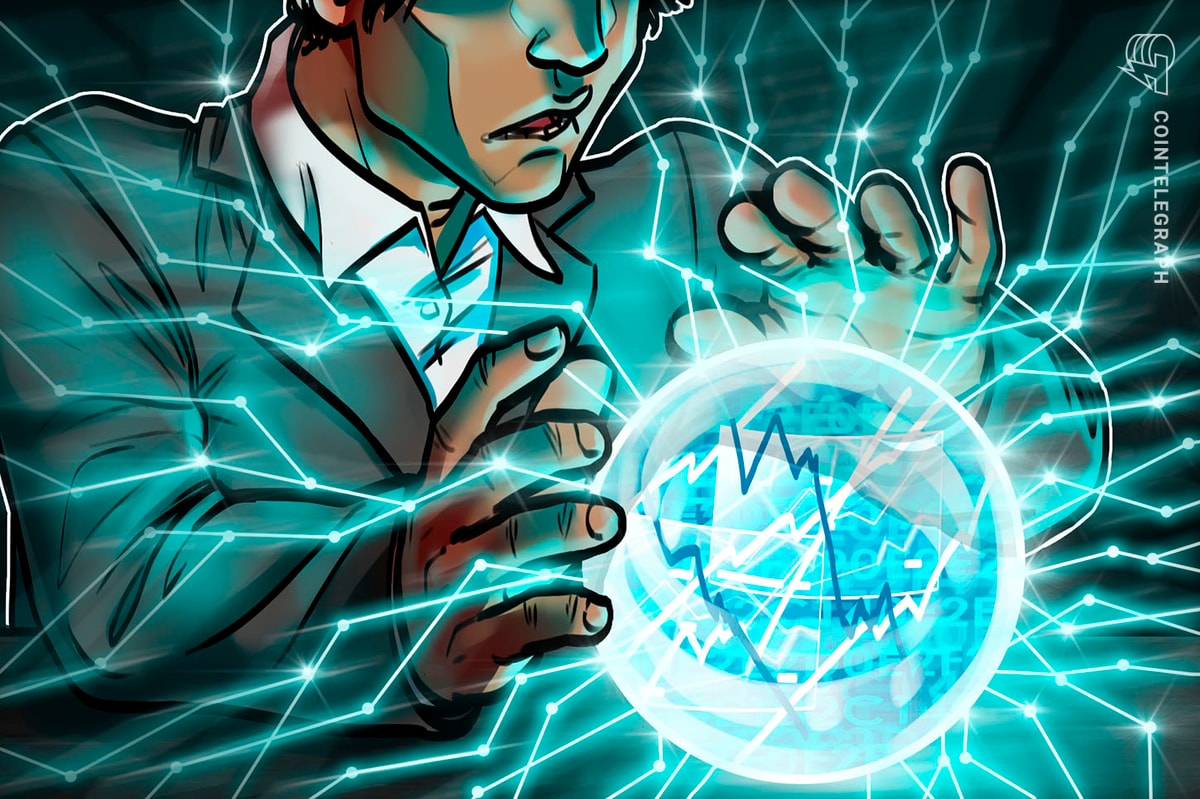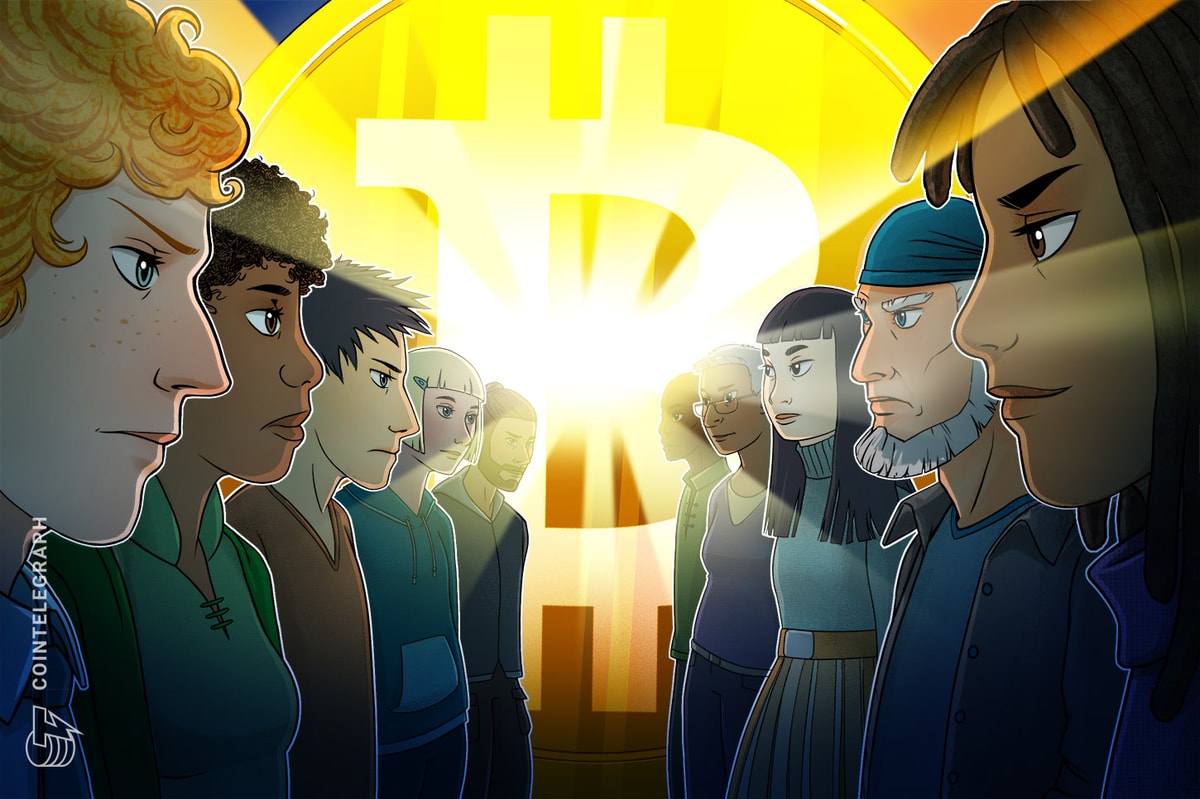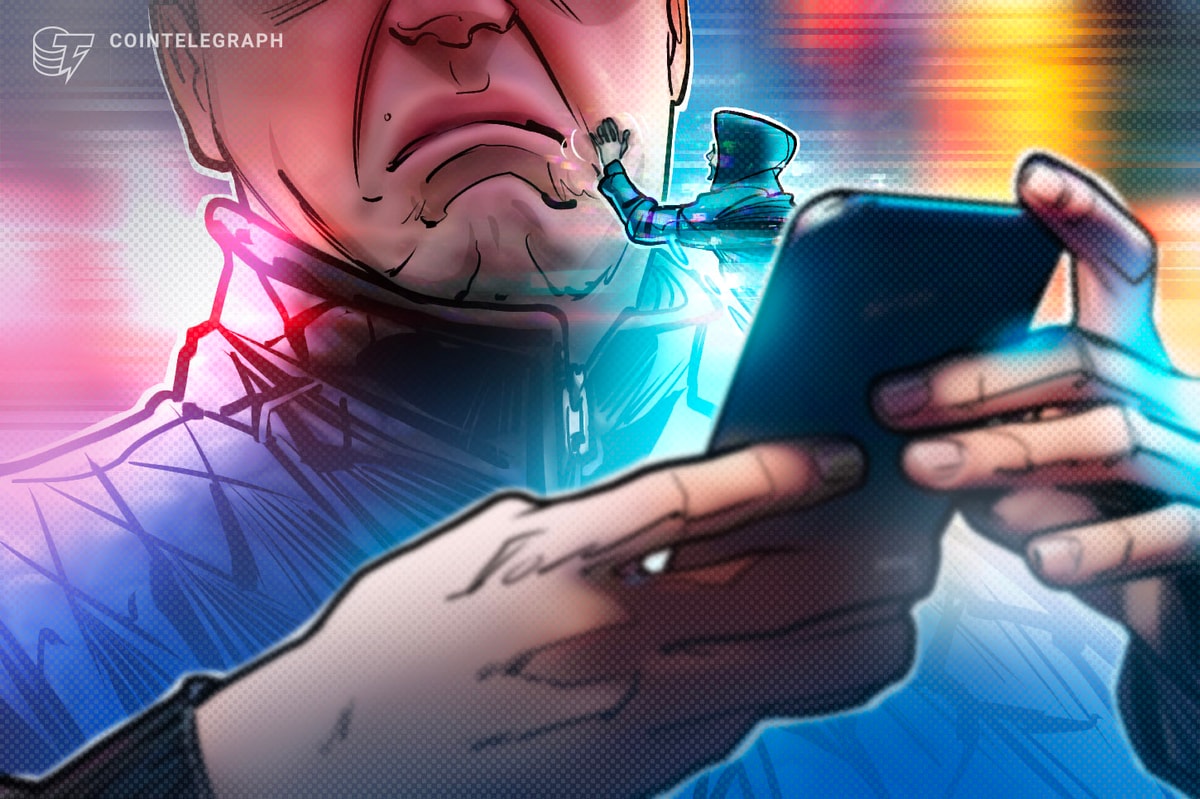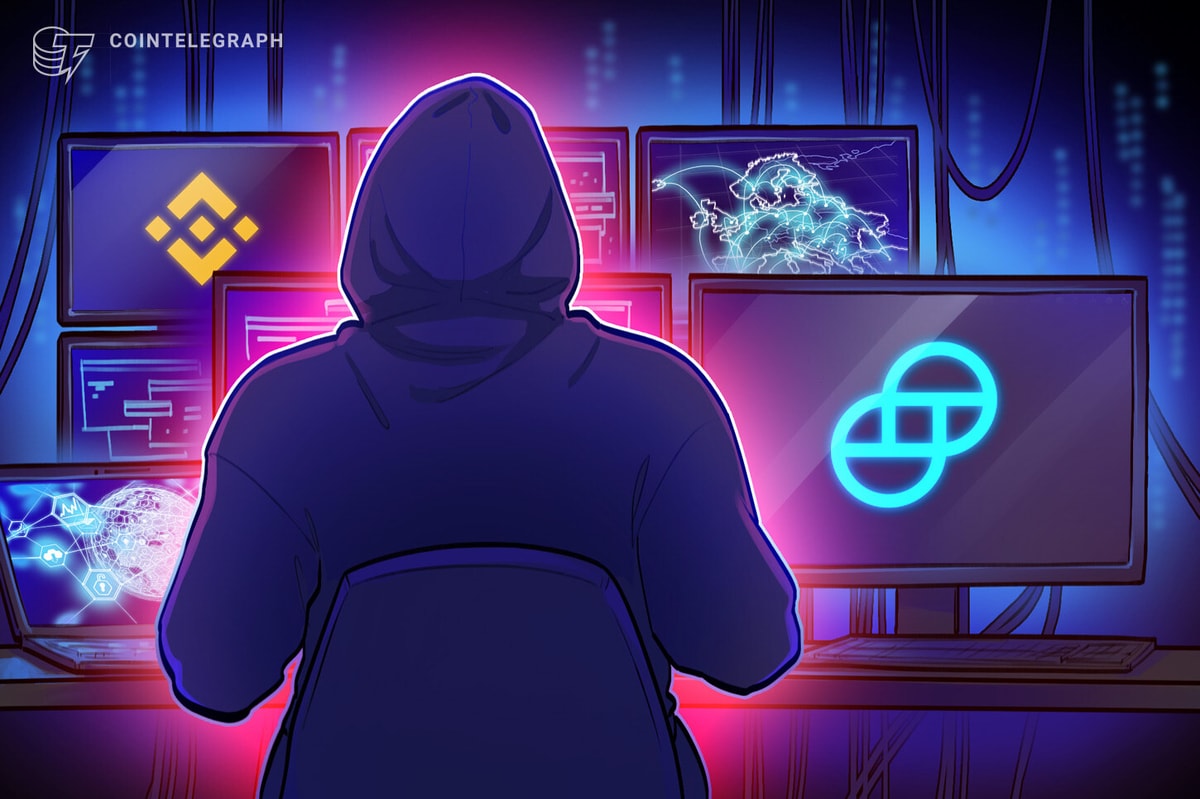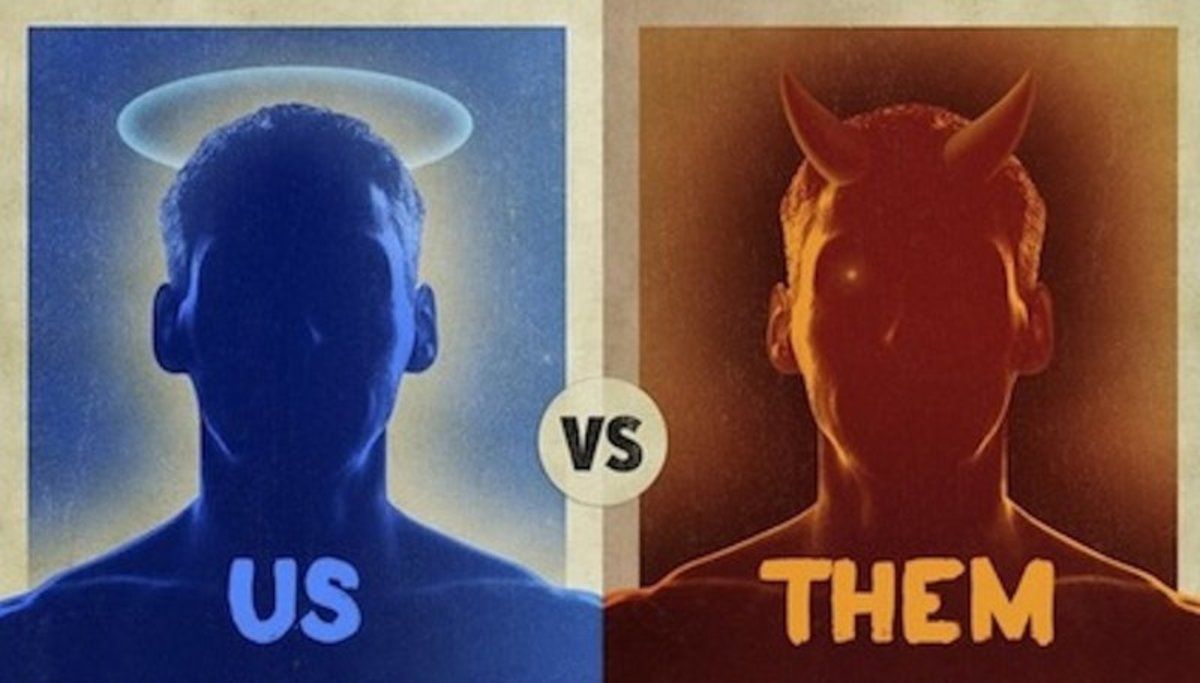
Disclaimer: Vitalik Buterin and Mihai Alisie have some involvement in the Dark Wallet project
Once in a while a really big idea comes along: an idea that completely changes our concept of society.
In 1448 Johann Gutenberg brought together existing, disparate technologies. With some innovation of his own he perfected the printing press. The invention spread globally and initiated a process of immense social change.
In 1876 Alexander Graham Bell, standing on the shoulders of scientific giants, invented his telephone. In an internal memo for Western Union, the very same year, it was noted that – “ This ‘telephone’ has too many shortcomings to be seriously considered as a means of communication. The device is inherently of no value to us.”
Now another monumental change is upon us. We’ve long imagined that only the state and its central bankers can issue money. The Bitcoin protocol directly challenges that notion. Most importantly, unlike similar inventions before it, Bitcoin can only be stifled. It can never be stopped. Its importance is unequivocal.
As Bitcoin continues to spread globally, we, as a community, must grapple with a very challenging and unsettling question of principle: should Bitcoin actively engage the apparatus of state?
The Foundation and unSystem; big-business and cypher-punk roots
On one side we have the US Bitcoin Foundation. Their answer to the question appears to be a resounding “yes”.
As self-appointed custodians of the Bitcoin protocol and its ‘reference’ implementation, the Foundation this year began active participation in the political machination of state.
On the other side, we have unSystem. Their answer to the above question is an unequivocal “No”. Described by its co-founder; Cody Wilson, as “an international group of activist-developers lead by Amir Taaki”, it is born out of concern for “the Foundation’s centralised development and advocacy.” According to the rhetoric of Cody Wilson, there is no middle turf on this battleground.
Bitcoin is getting political. Parties are forming. unSystem, through its Dark Wallet, has ostensibly drawn a line in the sand. There is much at stake. A battle is now on for the protocol and the hearts and minds of we, the 99. As Bitcoin inches its way to the mainstream, the propaganda machines are in full swing.
As a grass-roots initiative, Dark Wallet has resonated with a large portion of the Bitcoin Community. As unSystem rapidly approaches its crowd-funding target of US$ 50,000, we can consider each dollar as a vote for a principle: a cry of “no we won’t”, to moves for active engagement with the state.
As a community, we are forced to take a closer, more honest look at the situation. Ironically, it is Dark Wallet that seeks to bring this to light.
The active Bitcoin community, though growing, is still relatively small and fringe. Within it the Foundation has earned itself a reputation. Undeserved or not, it is often viewed as primarily representing the corporate interests that finance it. It is seen as an organisation aiming to bring Bitcoin into the mainstream, at any cost. Practically, that means regulation.
Corporations need to make money. For that they need a certain external business environment. This is the sort of environment typically fostered by government rules.
With bigger business comes a greater desire for regulation. Numerous and complicated rules raise the barriers to entry. Thereby protecting incumbents by sterilising new competition: the lifeblood of any effective marketplace. Onerous regulation can only ever foster a prohibitive business environment.
In a pure market sense, government regulation is rarely a force for positive change. So it is not certain why one would seek it. Especially when the core technology involved is free-market money in its purest form. It is ideologically confusing, at best.
The Foundation has argued that regulation is inevitable. So it is better to be a part of the process, contributing intelligently. Rather than being left out in the cold.
unSystem, by contrast, has it roots in cypher-punk and anarchist movements. It seeks a return to this ethos. An ethos business would sooner forget and actively tries to distance itself from. The irrefutable reality is that Bitcoin is the direct manifestation of a cypher-punk dream, born of the cypher-punk realm. Without cypher-punks there would be no Bitcoin.
Like the punk-rock movement, which reached its zenith in the mid-1970’s, the cypher-punk movement is anti-establishment. It rejects the politically idealistic notion that one can reasonably negotiate with the establishment: the enemy.
At the heart of unSystem is libbitcoin. A little publicised though potentially revolutionary implementation of the Bitcoin protocol. Written entirely by unSystem’s co-founder; Amir Taaki, it is conspicuously missing from any web presence controlled or influenced by the Foundation. Why?
A good network, like any organism, requires genetic diversity to survive in the face of potentially deadly pathogens. One would think that a Foundation existing to protect the integrity of Bitcoin would welcome the diversity that an implementation like libbitcoin brings. So, why actively ignore it? (see “what-libbitcoin-and-sx-are-and-why-they-matter” by Vitalik Buterin for full technical analysis)
Regardless of the Foundation’s motives, or unSystem’s approach, they have sparked a skirmish that spans continents and years of meticulous work. At stake is nothing less than the future of Bitcoin. Or, maybe not.
Perhaps the Foundation is right when it says regulations are coming, no matter what. Perhaps unSystem too is correct and it is futile to engage the state.
The X-Factor: The State’s Own Propaganda Machine and Gold 2.0
Bitcoin is direct competition to centrally issued paper. Bankers engaged in the fraud of fiat paper on such a massive scale are unlikely to welcome the competition that Bitcoin brings. These same bankers have unparalleled financial resources and political influence. They will likely come at Bitcoin with fire and fury, regardless of what anyone says or does.
Quite simply, Bitcoin is direct competition. As direct competition, it is insidious, ever so slippery and, at its core, disruptive. Most importantly, Bitcoin can win.
In effect Bitcoin takes all the attributes that make gold real money and digitizes them. In form and function Bitcoin exists only in the ether, in the realm of ideas. Although completely intangible, Bitcoins, like gold, must be earned.
To the masters of printed-paper, Bitcoin is gold 2.0. How did these fraudsters deal with gold 1.0? Over several generations they relegated it to the dustbin of history. So, what do they intend on doing with gold 2.0? The answer to that question belongs to the future. But I posit that their intentions are the same.
If this is indeed the case, then the state too will no doubt ramp up its own formidable propaganda machine. They will show little concern for division within community. They will seek to capitalise on any such schism for their own selfish ends.
If the state intends on waging an insidious war on Bitcoin, it will certainly use restrictive regulation to strangle it and propaganda to manipulate public perception of it.
More Organisations – Greater Decentralisation
The enemy is not likely to be found in the community’s rank and file or any of its organisations, but in the machinery of state: the very entity that made Bitcoin so necessary in the first place.
There is a place for both sides amongst a free and thinking community such as ours. Unified, against the machinery of state. Technique in this endeavour is purely individual. It is a personal means of expression. So long as the intention is good.
Regardless of where you stand it is always important to remember that the Foundation is a US organisation. The US is not the world and Bitcoin does not belong to the US. unSystem, as a newer and more decentralised alliance, shows by example that we are free to co-operate and collaborate in any way we see fit. Forming any independent organisations we so choose.
If we do this, in the same spirit of decentralised organisation that Bitcoin embodies, then there will be no single monolithic entity exercising too much control over the protocol. The state will have no one to coerce or manipulate. And the system will necessarily remain true to its principles, by default.





